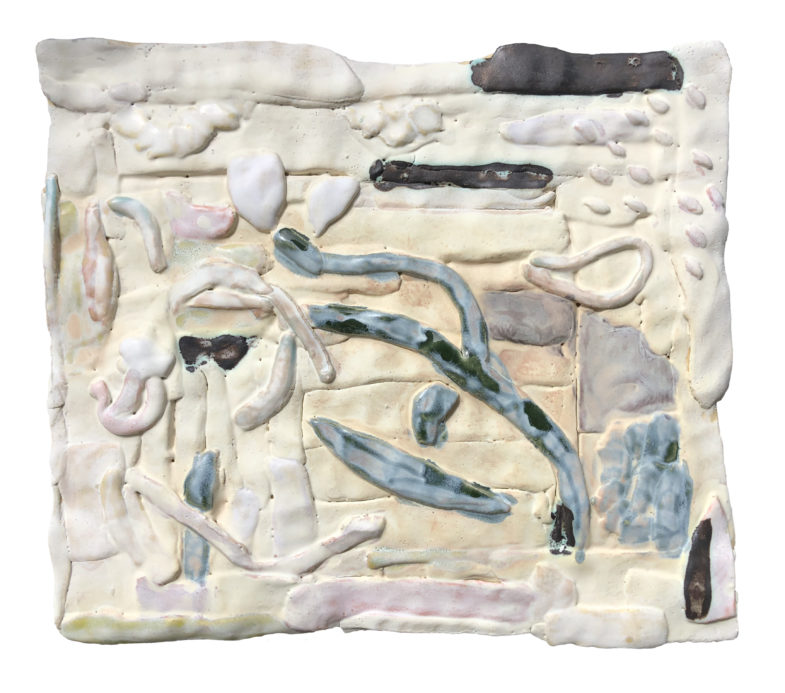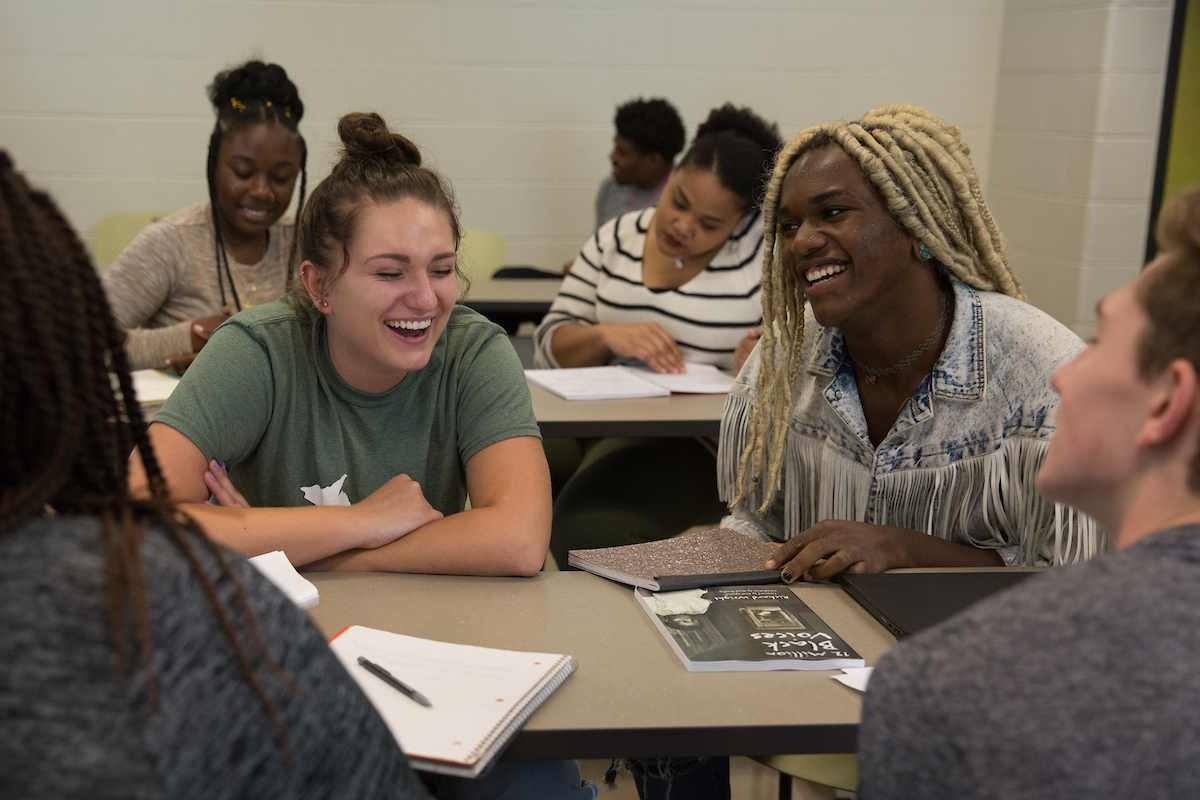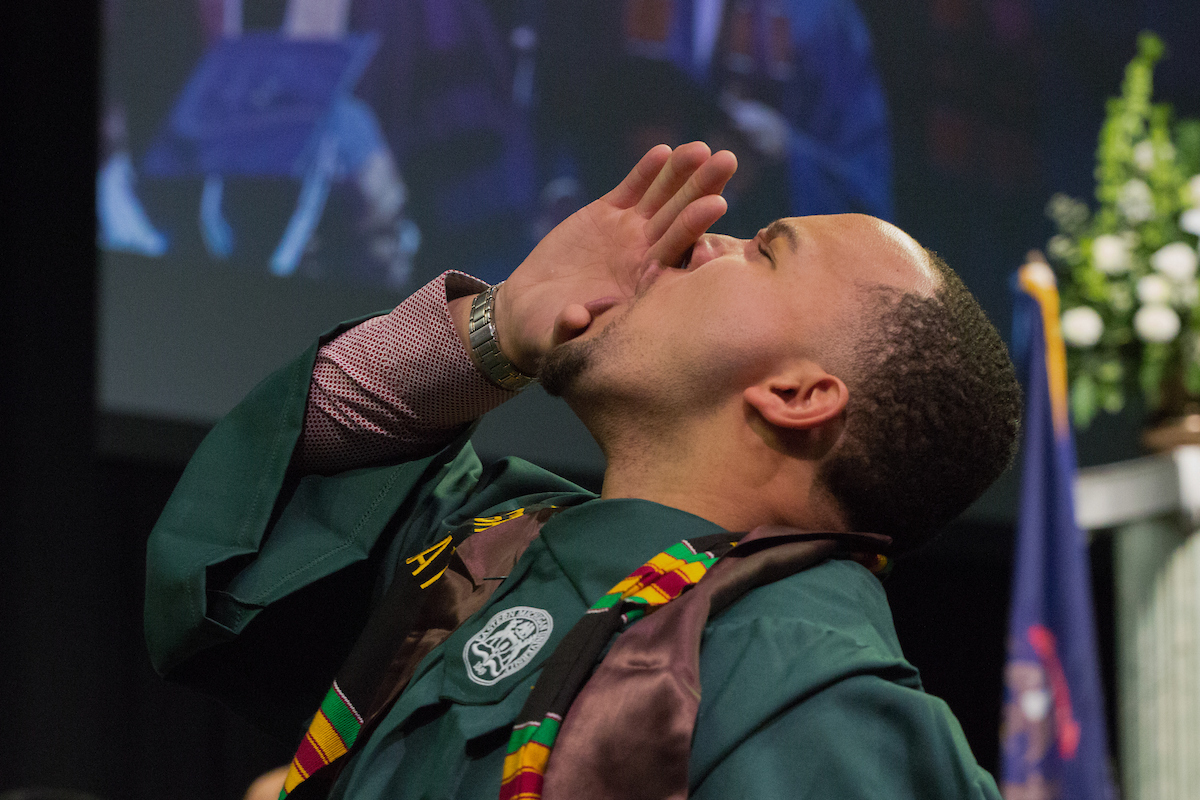The following workshops are offered across all levels, as CRTW 335 and CRTW 422. Depending on what level the class is offered at, workload and specific assignments may differ. Below are general descriptions of each: Prose: Surreal to Conceptual The course offers creative writing students a simultaneously structured (practical, project oriented) and open (exploratory, individually focused) environment in which to work in a variety of prose forms informed by our readings of surrealism, surrealist influenced fiction and innovative prose, hybrid genres, and conceptualism. The course stresses the connection between reading and creative writing, offering students the opportunity to explore prose in a variety of modalities and to learn about kinds of prose writings that encourage us to innovate with and think about narrative rather than simply assume its most conventional values. Adapting Myth, Fairy Tale, and Fable to New Writing This course explores creative writing that adapts myth, fairy tale, and fable. We will read poetry, fiction, personal essays, and screenplays that retell old stories such as the myths of Heracles and Persephone, fairy tales such as Rumplestiltskin and Snow White, and fables featuring the clever fox, to generate new works, and we will approach these texts as creative writers with an eye to learning how to remake the old tales ourselves. Through intensive reading, analysis, discussion, writing, and critique, students will gain understanding of and practice in the many ways in which myth, fairy tale, and fable can be used in their own creative writing. The Long Poem and Serial Works The course offers advanced undergraduate creative writing students a simultaneously structured (practical, project oriented) and open (exploratory, individually focused) environment in which to work in poetic, hybrid, serial, and new genre long forms. It does not assume that students have an extensive prior knowledge of modern and contemporary poetry, but it does assume individual initiative and flexibility and a willingness to engage in processes that do not predict an outcome in advance. Fiction This is a workshop in literary fiction. Student work is the soul and subject of this course, which operates on the typical creative writing workshop model in which students present their work to the group for critique. Significant writing, reading, and participation are required. Genre fiction must transcend its genre to find a place in this workshop. The Lyric Essay What is gained by foregrounding a lyric sensibility within a narrative or expository tradition? How might poetic, dramatic, and lyric strategies shape the essay? How might you balance necessary fact with a sense of wonder and speculation in your writing? The lyric essay is a genre perched at the axis of competing traditions-the lyric and the essay-thus troubling both. It is as interested in asking questions as it is in answering them, maybe more so. In this class we will read and discuss examples of the lyric essay-focusing mostly on structure and technique-in the service of writing your own. Mixed Media Mixed Media explores an expansive view of language that focuses on the rich interplay and overlap of image, text, and materials in the world around us. We'll look at conventional definitions of reading, writing, texts, narrative, and publishing- and reinvent them. We'll examine issues of language, form and meaning in the context of contemporary visual art, artists' books, and graphic novels. This is a hands-on workshop/studio/discussion course that values inventiveness and experimentation. Multiple Media and Text Students in this studio workshop course utilize multiple media to create narrative. There are numerous exercises taken from the disciplines of art and creative writing that illustrate methods for understanding the procedure, process, and reading of stories told with multiple media. Past student projects included art books, films, multi-media electronic texts, sound projects, sculpture, performance pieces, graphic novels, and installations of various sorts. Collaborative projects are encouraged. Writing for Performance The course offers undergraduate writers a mix of writing, reading, and group experiences that support interaction with contemporary poetry and text-based performance. Rather than traditional drama writing, the course will focus on our making works related to Poets Theater and other language-oriented , site and media-related, procedural, and process-based performance writing. Students will have opportunities to write for performance in a variety of styles and experiment with presenting their work. Writing assignments encourage experimentation, playfulness, and the realization of nonconventional forms of text-based performance. The Walk This class explores the walk as a literary/artistic form and walking as method of composition. We will consider the strategies of the flaneur, the walking tour, the drifter, the pilgrim as well as invent our own. We will consider geography and psychogeography, urban planning and "natural areas." We will re-narrate our routes (and re-route our narratives) according to politics, histories, lyricisms, and personal digressions of the sidewalk. Taking our cues from visual and sound artists and writers, this class asks you to rethink writing as a physical practice, responsive to place and soma. Poetry and the Body This course asks students to explore their ideas regarding the body in order to think through and write poetry. Here are some questions we'll ask: What kind of bodies and activities are taboo? What is "the body"? How are bodies marked and what does this marking have to do with writing? Writing experiments will encourage students to become aware of their sensory experiences. This may include keeping a journal, taking photographs, or conducting experiments inspired by theatre and yoga. Readings in contemporary poetry will help students explore relationships between the writing process, sex, food, pleasure, pain, and beyond. Students will have plenty of practice writing and reading poetry, in addition to thinking through the poetry of their peers. Requirements include weekly writing and reading assignments, a midterm, and a final project. Procedure and Process in Poetry and Painting This course focuses on methods of generating texts and paintings in which meaning occurs as part of the process of composition. We study strategies for producing creative work structured according to systems of thought and expression derived from other disciplines, such as chemistry, music, industrial design, mathematics, textual studies, and computer science. As we practice creative reading and viewing techniques designed to produce new, original works, we will expand and enrich the very notions of "reading" and "viewing." Every week students will choose from an experimental procedure in painting or poetry; the final project is collaborative. Sound Poetry In this advanced workshop we will focus on various dimensions of sound in poetry and sound poetry. We will study poetry as soundscapes, training our attention to acoustic and phonetic aspects of language and speech. We will think about language as music following at least three models: formal (poem as fugue or blues for instance); sonic (Ezra Pound's melopoeia); and thematic (song cycles for instance). We will consider the relationship between text and performance as well as how traditional notions of poetry transformed by current music and technology? The purpose of the course is to introduce you to multiple ways of approaching the relationship between sound and poetry as writer. Our focus is your own creative work, both textual and audio. Because writing itself is process-driven, we will experiment both in and out of class with creative procedures and constraints. Collaboration and Community Projects In this hybrid course students will volunteer or intern for 25 hours at local nonprofits and arts organizations as well as make collaborative and public art/writing. As we investigate the ways language works within public spaces and communities; the civic role of the artist and the significance of literary arts in civic life, we will experiment with the techniques and forms of participatory and collaborative writing practices. New Genres: Language, Liberation, and Event Open to a students who wish to work in any creative genre, this workshop offers students an opportunity to consider the role language as a plastic, volatile, and/or quietly resistant medium plays in making literature and language-based performance art an agent (or participant) in cultural and social, as well as personal, transformation. Documentary Writing This workshop will introduce the writer to various creative approaches to appropriation and conceptual writing in both theory and practice. Beginning with an exploration of montage and collage, quotation and citation, borrowing and stealing, détournement and recontextualization, we will draw on the rich possibilities offered by the use of source materials and documents in one's creative work. We will experiment with the value of "shock effects" in appropriation techniques, while also inquiring into the problems of "authorship" and "property." One of the guiding questions of the class will concern the social conscience and critical value of writing practices that make use of cultural texts and material documents. Through rigorous and imaginative practice, students will gain the background and skills necessary to produce creative works grounded in new understandings of language as social material. Writing Environments An interdisciplinary workshop and reading group that offers a range of approaches to thinking-in-writing about what has become a crucial word, "environment." We will consider perspectives from ecology and the natural environment to site specificity in art and writing practices. 'Zines Explore the diverse world of small self-published magazines (zines). We will examine the intersection of visual and written language, personal vision, creating community, and do-it-yourself culture. Your individual obsessions/passions/interests will fuel the writing, editing, production and publishing of your own zines. Capstone Project This hybrid course, with seven class meetings and independent and group study in between class meetings, is for student majors in their last two semesters in the Creative Writing Program who wish to work on the Capstone project in a classroom environment. It provides a practicum for the completion and presentation of a fully realized creative work that reflects students' academic and artistic progress in the Creative Writing Program. The work will take the form of a chapbook, a text-based interdisciplinary presentation or performance, or an inter-media project. The course requirements include a short reflection paper on your final project and a longer process paper that will offer you the occasion to trace the path of your progress and aesthetic development as a student in the Creative Writing program. In addition to the assigned writings, peer review, and presentation experiences, the course will provide you with opportunities to learn how to submit your work to on-line and hard copy journals, magazines, and book publishers. In addition to publishing research, we will cover topics such as editing one's own journal, resource sharing, MFA programs, and performance of text-based work. | 


